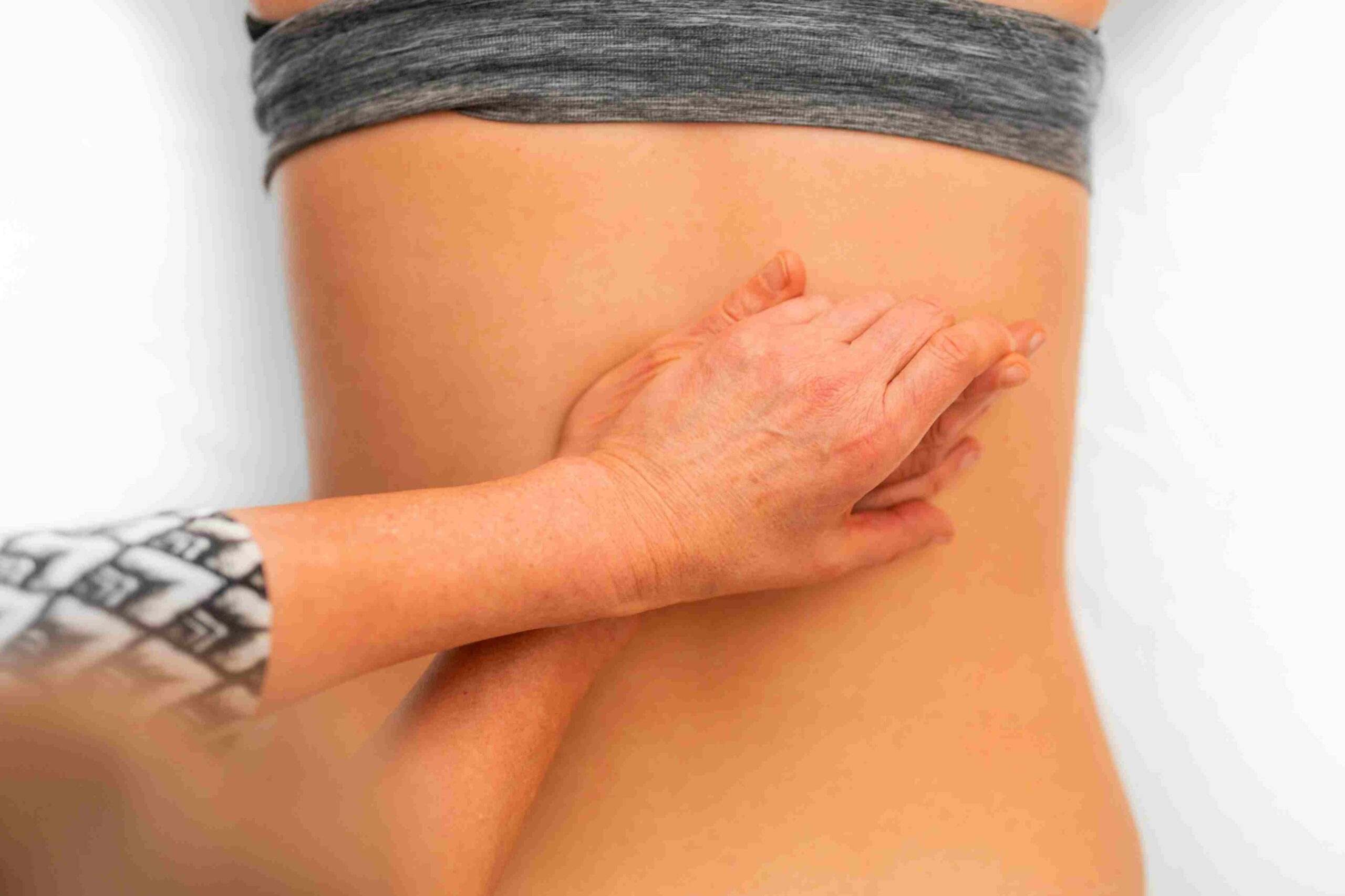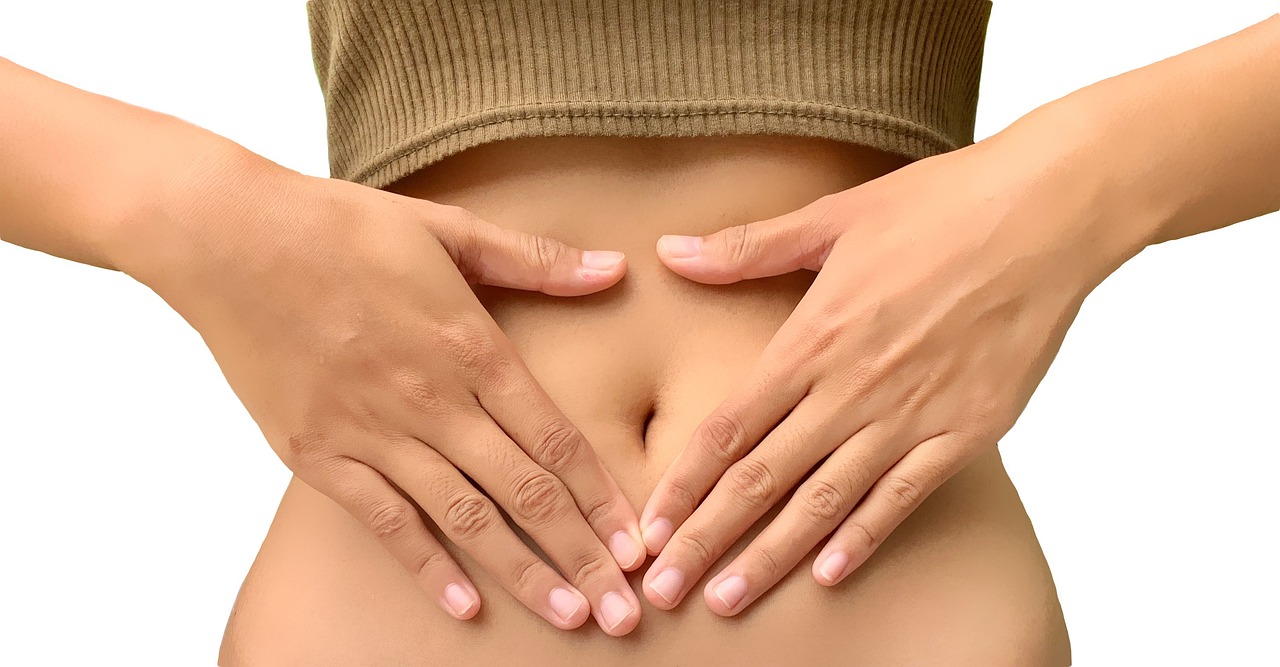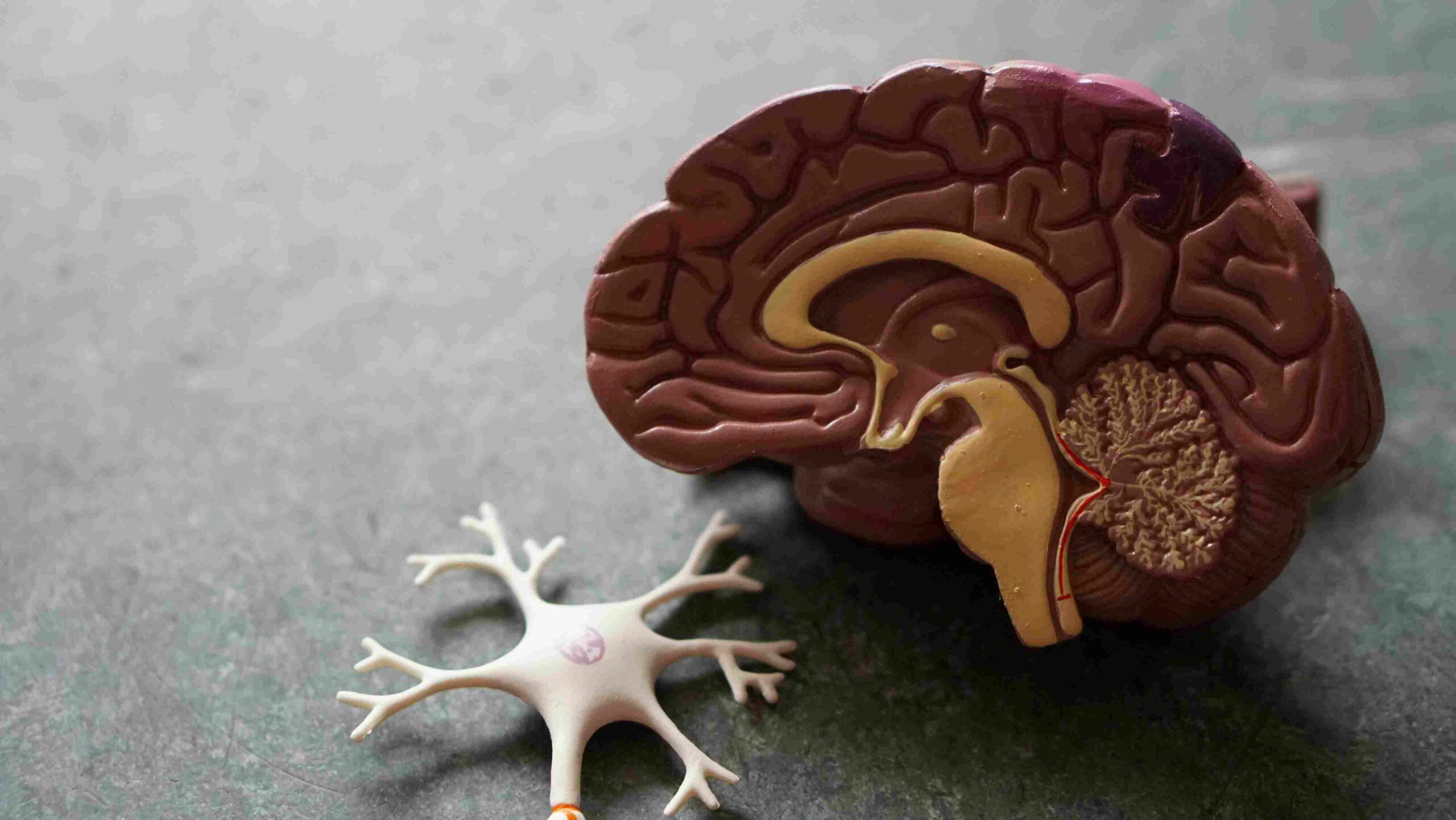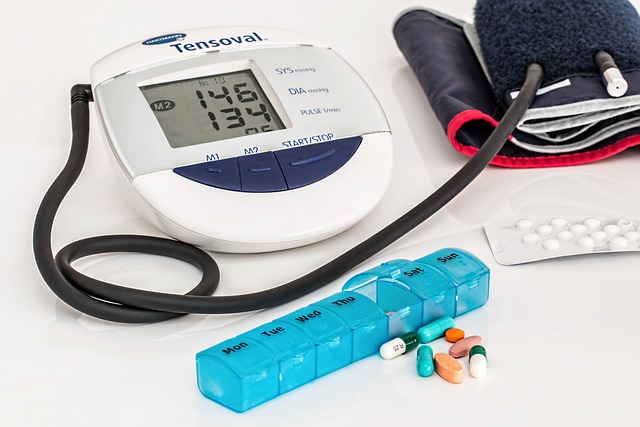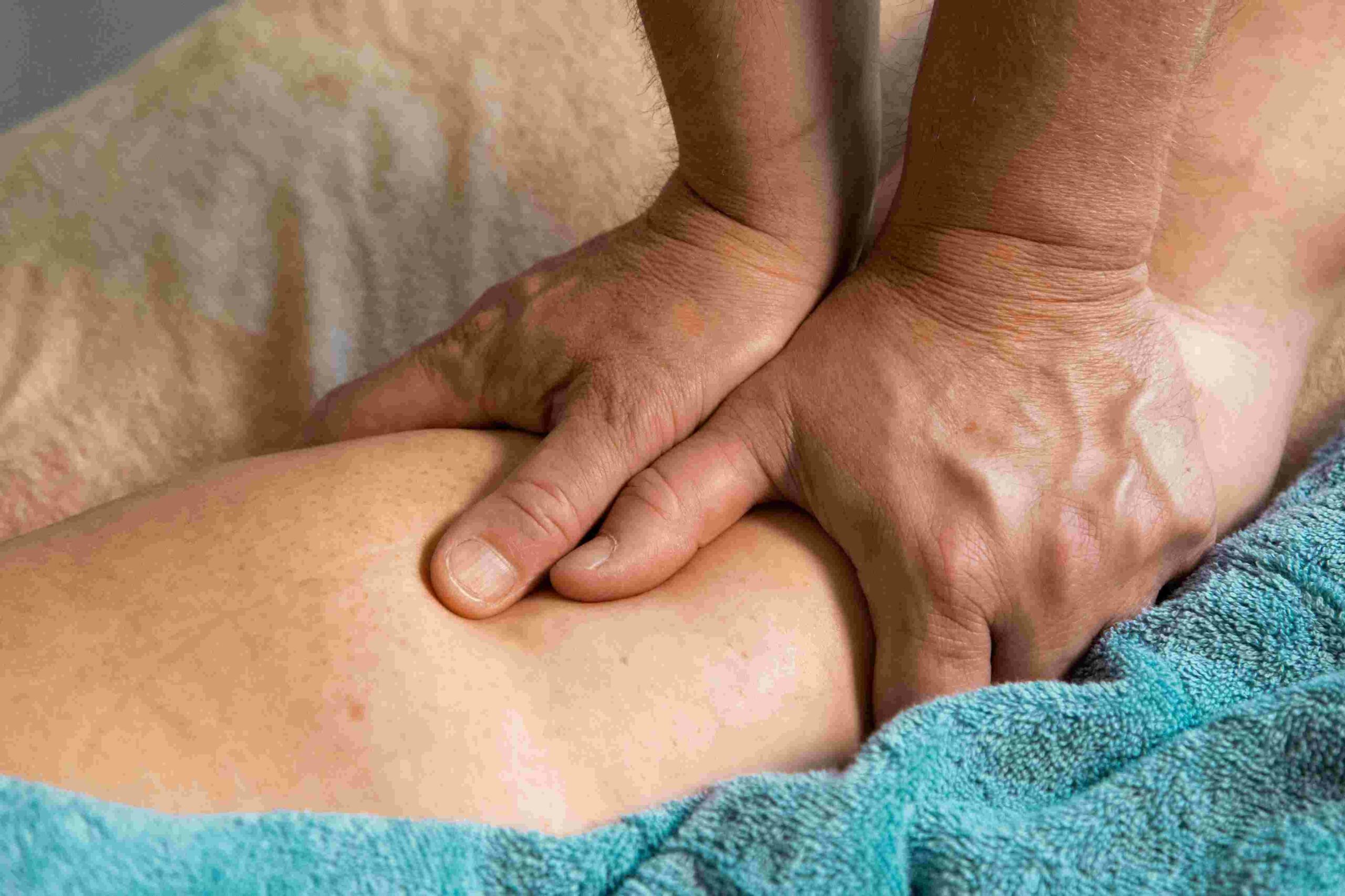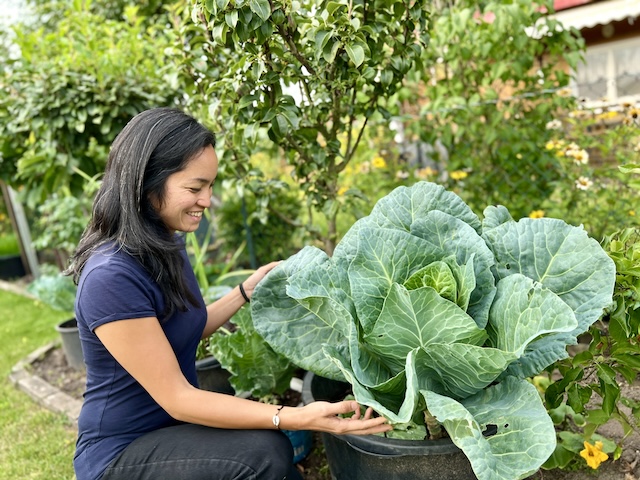
Natural living profoundly impacts our overall well-being, and enhancing mental and physical health with gardening and plants is a powerful example of how engaging with nature can benefit both our mental and physical health. By incorporating gardening and plant cultivation into your routine, you can enjoy a range of positive effects that contribute to a healthier and more balanced lifestyle. Here’s a detailed look at how gardening and plants can enhance your well-being.
Contributions to Mental Health
Stress Reduction
Gardening offers a natural and effective way to alleviate stress. The repetitive tasks involved in gardening, such as planting, watering, and weeding, create a calming rhythm that helps to quiet the mind. Being immersed in nature and working with soil can induce a meditative state, lowering stress levels and promoting relaxation.
Attention and Focus
Engaging in gardening activities requires concentration and attention to detail. Whether you’re planting seeds, pruning, or observing the growth of your plants, these activities stimulate mental faculties and improve focus. The process of caring for plants and noting their progress can also help sharpen cognitive skills and enhance mindfulness.
Boosts Creativity
Gardening is a creative endeavor that encourages self-expression. Designing garden layouts, selecting plant combinations, and experimenting with different color schemes stimulate creative thinking. The aesthetic experience of arranging plants and creating beautiful garden spaces can inspire new ideas and artistic expression.
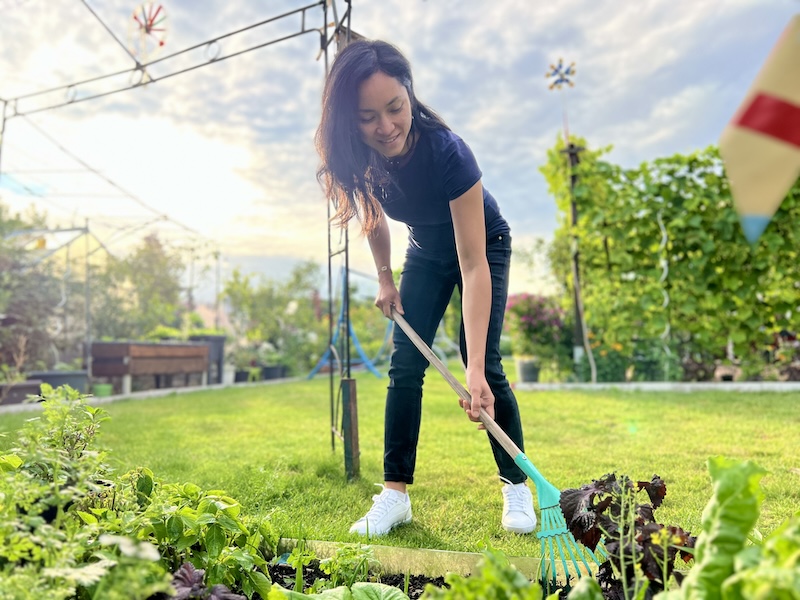
Benefits for Physical Health
Physical Activity
Gardening provides a form of low-impact exercise that can be surprisingly effective. Tasks such as digging, planting, weeding, and harvesting involve various muscle groups, providing a full-body workout. Regular gardening helps improve strength, flexibility, and endurance, contributing to overall physical fitness.
Fresh Air
Spending time outdoors while gardening exposes you to fresh air and natural sunlight. Sunlight is essential for vitamin D synthesis, which is crucial for bone health and immune function. Additionally, being in a natural environment helps improve respiratory health by providing clean air and reducing exposure to indoor pollutants.
Nutritional Support
Growing your own fruits, vegetables, and herbs ensures access to fresh, nutritious produce. Home-grown produce often retains more vitamins and minerals compared to store-bought options, especially when grown organically. Incorporating these nutrient-rich foods into your diet supports overall health and well-being.
Conclusion
Gardening and plant cultivation offer therapeutic benefits that go beyond mere physical activity. These activities provide a unique opportunity to connect with nature, promote mental clarity, and support a healthier lifestyle. By spending time in the garden, you create a sanctuary where you can unwind, reflect, and rejuvenate.
Whether you’re a seasoned gardener or just starting out, integrating gardening into your daily life can lead to significant improvements in both mental and physical health. Embrace the therapeutic power of plants and nature to enhance your overall quality of life.
Subscribe to our newsletter to stay updated with insightful tips or join us on social media.
The Connection Between Psychology and Nutrition
Introduction The connection between psychology...
Physiotherapy and Nutrition in Musculoskeletal Diseases
Physiotherapy plays a critical role in managing...
Small Intestinal Bacterial Overgrowth (SIBO)
Introduction Small Intestinal Bacterial...
Why the Gut is Called the “Second Brain”
The human gut is often referred to as the...
Autoimmune Diseases
Autoimmune diseases occur when the immune...
Infertility and the Role of Nutrition
Infertility is a growing concern for many...
Nutrition with PCOS
Introduction Polycystic Ovary Syndrome...
Understanding Endometriosis
Endometriosis is a chronic condition where...
Lipedema
What is Lipedema? Lipedema is a chronic medical...


